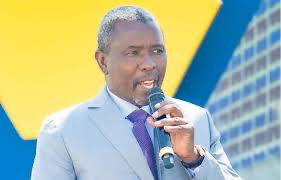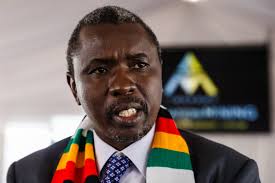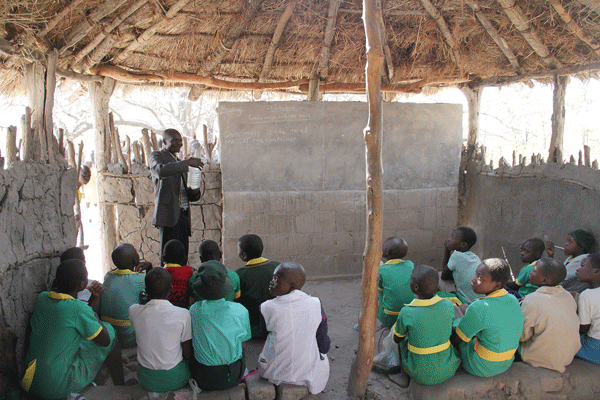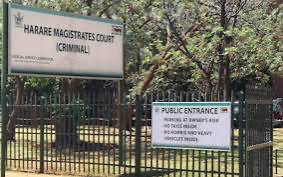By Political Editor
Harare — Contrary to previous widespread reports suggesting an outright rejection, the Zanu PF Politburo did not formally dismiss businessman Kudakwashe Tagwirei’s nomination to the party’s central committee during its recent meeting.
Party insiders have clarified that the matter was presented but met with procedural silence, meaning the issue remains unresolved and will now be referred back to the central committee for final consideration.
The confusion appears to stem from two separate agenda items involving Tagwirei at the Politburo gathering.
The first related to a presentation on party resource mobilisation, a proposal by Tagwirei on how Zanu PF could sustainably finance its political operations across provinces and District Coordinating Committees (DCCs).
Sources say this proposal sparked disagreement, with Vice President Constantino Chiwenga and Zanu PF spokesperson Christopher Mutsvangwa reportedly objecting to Tagwirei presenting elements of the plan.
Some members allegedly viewed the financing proposal and particularly its implications for internal influence with scepticism.
Adding to tensions was a report that Tagwirei had provided several luxury vehicles for Politburo members who are neither MPs nor senators, a gesture that was reportedly declined and interpreted as inappropriate, prompting Tagwirei to step back and reconsider his strategy.
The second matter was Tagwirei’s proposed co-option into the central committee, presented by Political Commissar (PC) Munyaradzi Machacha alongside other provincial updates.
According to multiple sources, the Politburo did not engage in discussion or express objections.
“It was met with silence, neither approval nor disapproval,” a Zanu PF insider said.
“That silence is not a verdict, but it spoke volumes about the dissent surrounding Tagwirei’s rise to power.
The central committee will now have to make the final decision, since the Politburo, as the administrative organ of the central committee, did not deliberate on the matter,” added the source.
Zanu PF’s internal processes dictate that co-options and structural appointments, if not disputed by the Politburo, will be ratified by the central committee.
Machacha, as the PC, is expected to table a report before the central committee, including Tagwirei’s ascension, which was effectively snubbed by the Politburo.
Observers within the party suggest that Tagwirei’s considerable financial clout and backing in provinces such as Harare and Masvingo could still influence the final outcome.
“He’s not out of the race,” said a senior Zanu PF operative.
“This was just one hurdle. The real battle is in the central committee.”
Some within the party believe the silence that greeted his appointment to the central committee was strategic, a political pause, not a repudiation.
Others suggest the businessman’s rise has unsettled traditional power blocs wary of his growing influence.
Despite the internal turbulence, Tagwirei remains an active player in Zanu PF’s evolving political landscape.
While his financing proposal was resisted, the conversation it has sparked around resource mobilisation is likely to continue.
His political fate now rests with the central committee, whose verdict will reveal much about the balance of power ahead of the 2028 succession terrain.
Some party insiders believe that Tagwirei will use his financial muscle to win over the central committee.




